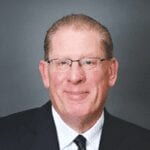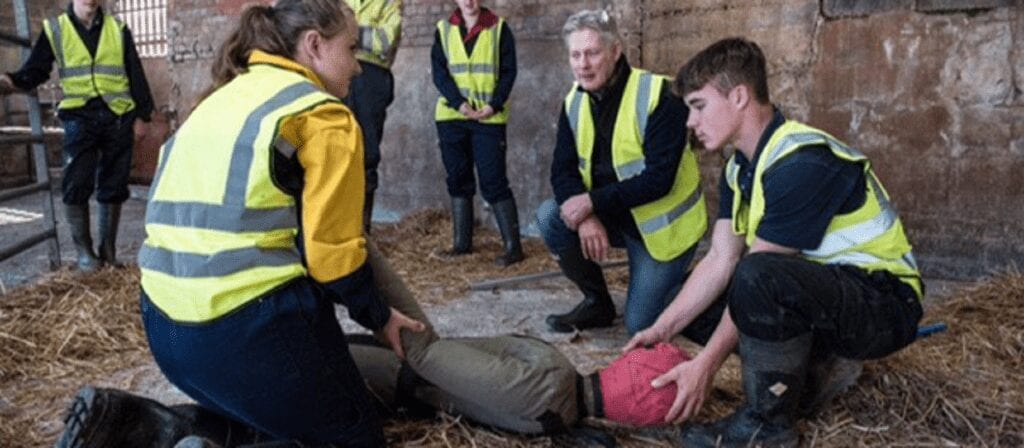Insurance is a begrudging purchase, generally not wanted, most feeling that they will never use it, or at least hopeful that they will never need to use it.
Most people at some level know, but likely give very little thought to, the fact that insurance underpins the world’s economy.
The economy’s growth is based primarily upon the ability to access credit. Whether obtaining a mortgage to buy a home or property, acquiring a loan, or needing credit to start or expand a farm or business. In order to access credit, the creditor generally requires that the underlying assets are protected by insurance. Absent the ability to access credit, individuals are limited by how much of their owned assets they are willing to put at risk in order to grow, expand or accumulate more wealth.
In many developing countries today, the penetration rate for insurance is very low, thereby limiting economic growth. A farmer in a developing country, who cannot access or afford insurance, cannot access credit, therefore limiting their investment in and growth of their farming operation. They are limited by how much of their own capital they have and are willing to risk.
Roughly 160 years ago in Ontario the mutual insurance system was born out of necessity by Ontario farmers. The mutual model helped mitigate the extent to which their assets were at risk from a devastating peril, while allowing them to grow their operations. Unable to acquire or afford insurance, farmers in various counties across Ontario started to band together to insure one another. They pooled their money, to draw upon if one of them should suffer a loss. They recognized the mutual value of coming together for the common good.
The ethos was based upon the Seven Co-operative (Mutual) Principles as established by the Rochdale Society of Equitable Pioneers;
- Voluntary and open membership
- Democratic member control
- Member economic participation
- Autonomy and independence
- Education, training and information
- Co‐operation among Co-operatives (Mutuals)
- Concern for community
This rudimentary insurance system became more formal and structured over the years. The world is a different place today, but our Members still have the same needs and face similar risks, i.e complexity and diversity of agricultural and farming operations and equipment, distance from fire protection, fuel oil and alternative heating methods, windmills and solar energy, drones.
The spirit of mutual reliance upon one another, and mutual ownership, is the underlying value system upon which farm mutual insurers operate today.
At Trillium Mutual Insurance Company, a 100% Member owned mutual company, we are neither focused upon maximizing profitability, nor quarterly share values and returns. We can focus upon the long-term sustainability of the organization for our Members. We are tasked with being the fiduciary guardian of the capital surplus that has accumulated since inception and that is owned by all the Members. We exist for the sole benefit of our Members.
That mutual ownership model guides how we act and the experience delivered;
- Policyholders are Members/Owners and treated with professionalism, courtesy, transparency, respect and with a greater level of service
- We share risk management advice and education to protect Members’ families and assets
- Claims are paid promptly, fairly and equitably, while understanding the fiduciary duty owed to all Members
- We create and provide the best possible insurance solutions offered at an affordable cost, while understanding that the only means by which a mutual can raise capital is with profitable operations over the long term
- We give back to the communities that we serve, where our Members and employees live; we are in this together






